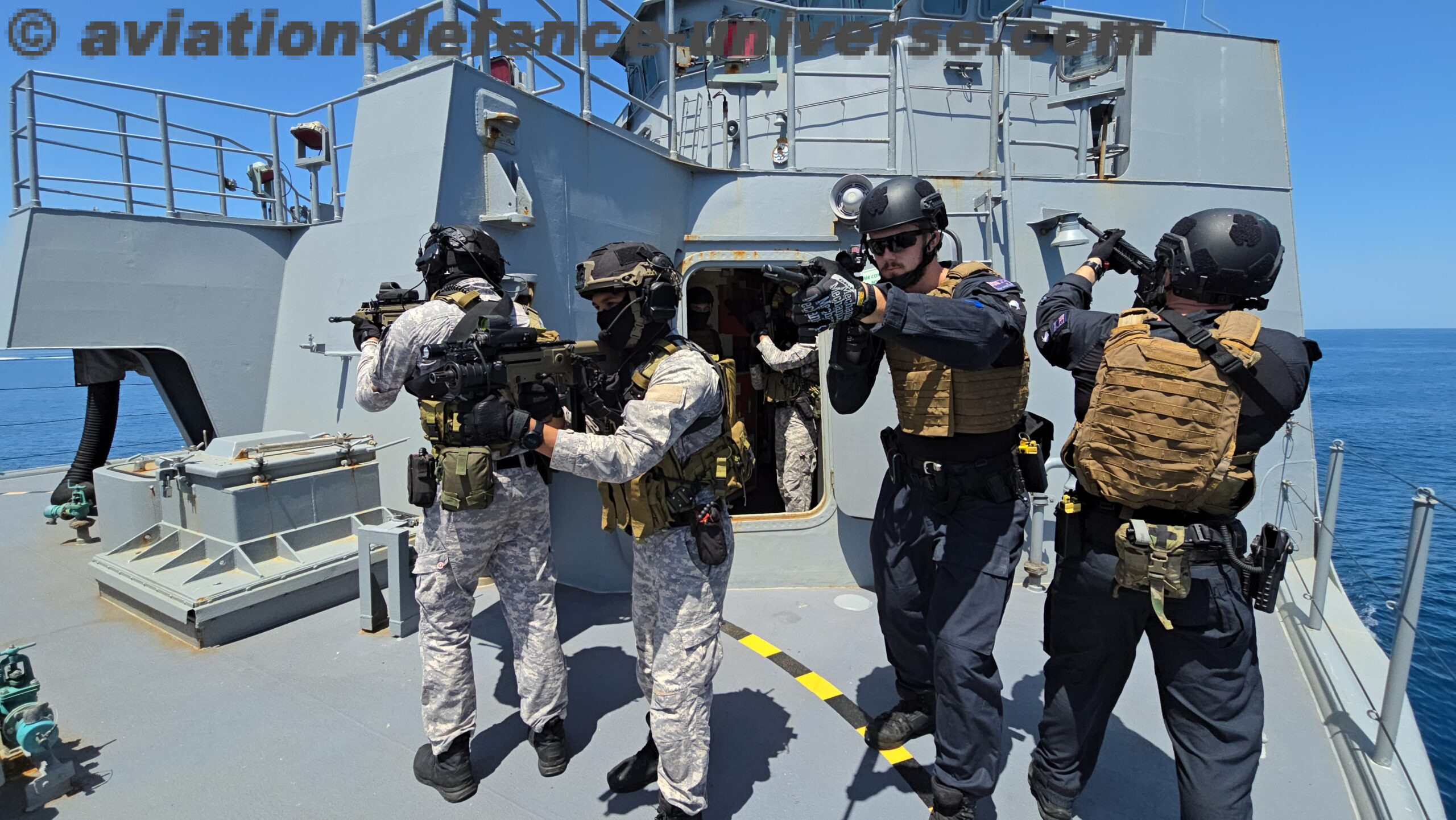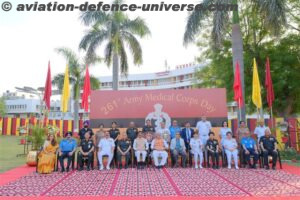New Delhi: The Manohar Parrikar Institute for Defence Studies and Analyses (MP-IDSA) is hosting the inaugural edition of Delhi Defence Dialogue (DDD), titled ‘Adaptive Defence: Navigating the Changing Landscape of Modern Warfare’, from November 12-13, 2024.
The Dialogue commenced with a Special Address by Hon’ble Raksha Mantri, Shri Rajnath Singh, who described Adaptive Defence, as a strategic approach, where a nation’s military forces and defence mechanisms continuously evolve to counter emerging threats and challenges effectively. In essence, it involves cultivating a mindset and capability to adapt, innovate, and persevere, even in the face of unpredictable and evolving circumstances, said the Raksha Mantri, who also commended MP-IDSA, led by its Director General Amb Sujan R. Chinoy, for taking the initiative to focus on Adaptive Defence.
Emphasising that Adaptive Defence must be the mantra of India’s strategic formulations and operational responses, the Raksha Mantri described situational awareness, flexibility at strategic and tactical levels, resilience, agility, and integration with the emerging and futuristic technologies, as key to understanding and creating adaptive defence.
Throwing light on the initiatives that India has undertaken to build a robust and self-reliant defence ecosystem, Raksha Mantri said that the Government of India has been working at the structural, organisational and capability levels to incorporate strong element of jointness among the three armed forces. The establishment of the institution of the Chief of Defence Staff (CDS), development of the idea of theatre commands, improvisation of the training curriculum, and forging of new defence partnerships around the world are some of them.
Speaking on how India is increasingly deploying Adaptive Defence strategies to counter the menace of Information warfare against national security, he said that the Government has taken several initiatives to address the issue of defence modernisation and production. The Atmanirbhar Bharat Abhiyan, with its focus on self-reliance in defence sector, forms the bedrock of this vision.
The Raksha Mantri further listed several initiatives taken by the government to attract investments for the defence industry. Increasing of the Foreign Direct Investment limit up to 100 per cent in specific cases, establishment of Defence Industrial Corridors in Uttar Pradesh and Tamil Nadu, and the ‘Make in India’ campaign, being some of them.
Apart from reforms related to defence personnel, command, control and equipment, a collaborative approach also is critical in dealing with contemporary problems of defence and security, emphasised the Minister. Adaptive Defence can only become a reality when it is also a reflection of Collaborative Defence, he concluded.
Earlier, Director General, Manohar Parrikar IDSA, Amb Sujan R. Chinoy, in his Welcome Address said that the world has entered the era of multi-dimensional warfare, involving actions other than military operations. Modernisation for militaries around the world is a time and resource consuming process and technological transformations must be accompanied by organisational and doctrinal adjustments, he added.
Today, network-centric warfare has taken the centre stage. Artificial Intelligence and advances in the space and cyber realms are fusing with sensors. Unmanned Aerial Vehicles (UAVs) and beyond-visual-range (BVR) weapons on the modern battlefield. These in turn are drastically reducing sensor to shooter (STS) kill chains, said Amb Chinoy.
Speaking in India’s context, Amb Chinoy said that India is located in a complex region. Modernisation and Make in India are synonymous with Indian Armed Forces and cooperation with strategic partners in high technologies is vial, he concluded.
The inaugural edition of the Delhi Defence Dialogue will be a flagship platform of MP-IDSA for addressing the multifaceted challenges of defence and security, in India. It aims to delve into critical topics affecting military security, including the emerging threats, evolving character of warfare, supply chain management issues and the role of technology in modern warfare. The inaugural edition features over 30 speaker, including eminent foreign speakers from nine countries viz, Armenia, Australia, France, Israel, Japan, Italy, Russia, USA, besides experts from India.



























































































































